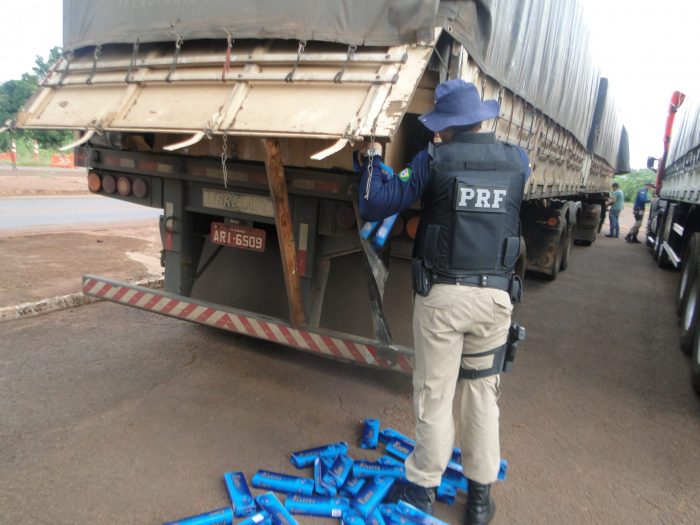Datafolha shows what the Brazilian thinks about smuggling
Research was commissioned by ETCO and was supported by the Movement in Defense of the Brazilian Legal Market

The Brazilian knows that smuggling causes enormous damage to the nation, attracts consumers because it does not pay the country's high taxes, markets low quality products, encourages organized crime and benefits from the inefficiency with which it is fought by the government. These were the main conclusions of an unprecedented survey by Datafolha, commissioned by ETCO-Brazilian Institute of Ethics in Competition with support from the Movement in Defense of the Brazilian Legal Market, released on May 25.
"The survey revealed that Brazilians understand the seriousness of the problem," said Evandro Guimarães, president of ETCO. "It also showed that the population supports a more rigorous fight against smuggling."
The study had wide-ranging repercussions in the media. On the day it was released, for example, it was the subject of a report and commentary on the TV show Bom Dia Brasil, and an interview on CBN radio in São Paulo.
Datafolha heard 2.401 people over the age of 16 between April 22 and 24, across the country. The study has a margin of error of 2 percentage points to more or less. Check out the main numbers.
WHAT BRAZILIAN THINKS
Cause
92% If the legal product were cheaper, the Brazilian would not buy the contraband.
89% The contraband product costs less because it does not pay taxes.
Effect
77% Smuggling harms the country and the population
80% Harm to domestic trade and industry.
77% Smuggled products are made from the worst quality materials.
Crime
86% Smuggling encourages organized crime and drug trafficking.
83% It is a crime to sell contraband.
74% It is a crime to buy contraband.
Responsibility
48% The federal government is primarily responsible for the entry of contraband into the country.
90% The government is little or not efficient in combating smuggling.
Solution
61% The solution is to strengthen policing at borders and penalties for smugglers.
Listen to the interview given to Radio CBN / SP (25/05/2015)




